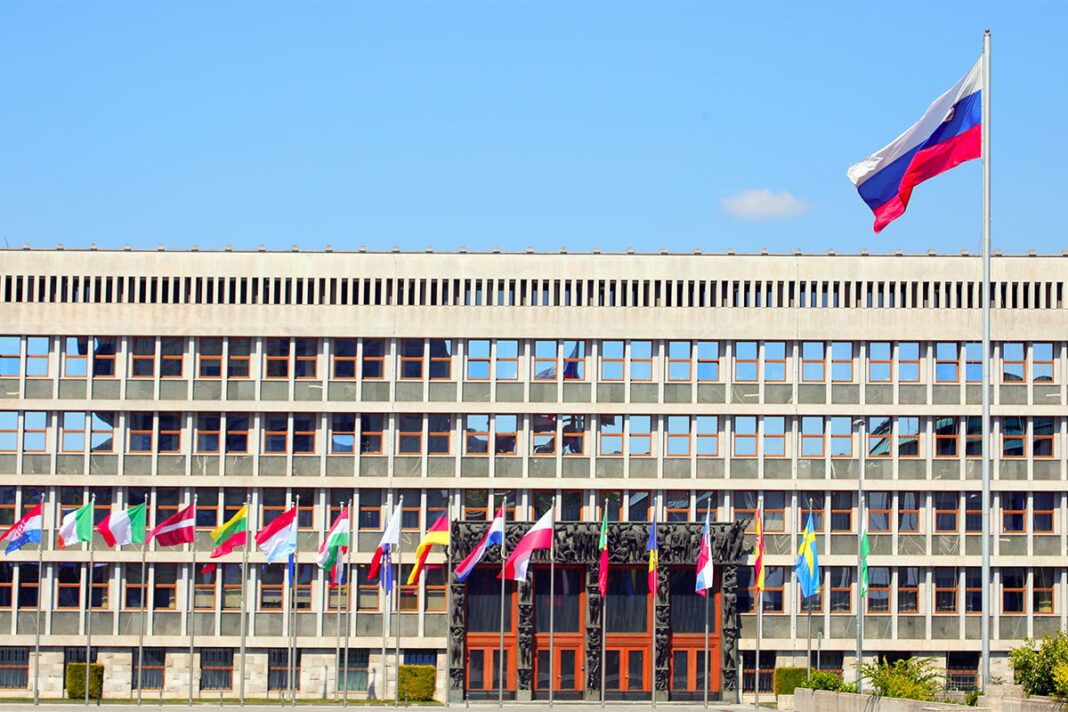Government leaders framed the move as a recommitment to human rights and collective remembrance. The declaration follows a broader regional debate about political polarization, memory politics and the role of elected institutions in preventing hate speech and extremist normalization.
Officials emphasized education, commemoration and legal safeguards as part of the response.
The resolution reinforces a cross-border message about guarding democratic institutions and historical memory, a political cue that could shape regional legislative agendas and civil society cooperation.







